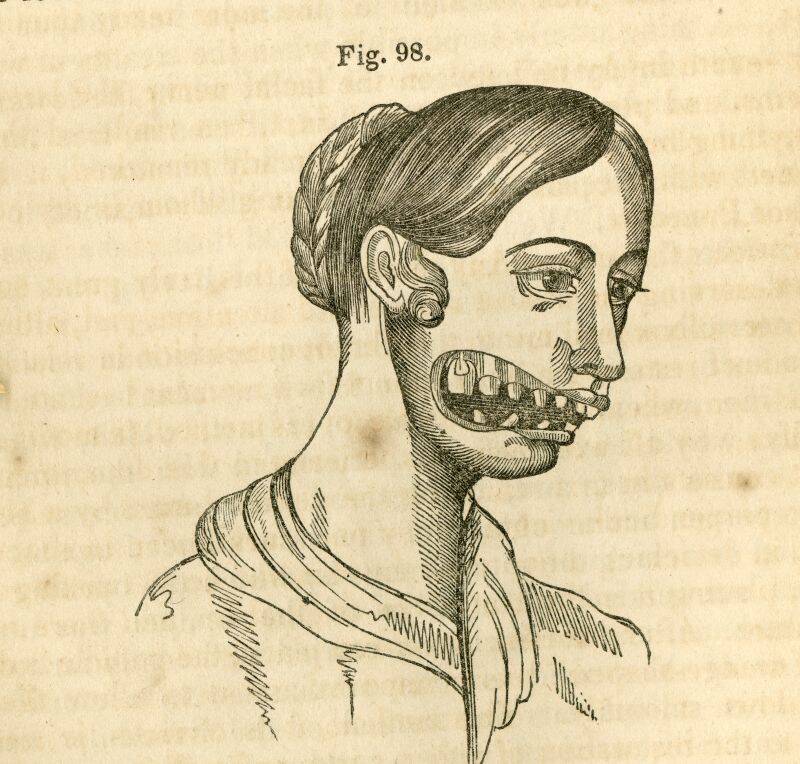
Phossy Jaw, a short slang term for Phosphorimus Chronicus. It originates from white phosphorus in the matchstick industry in the 19th century, but has a modern equivalent with the use of bisphosphonate based drugs to treat osteoporosis and bone cancer.
Bisphosphonates are a group of drugs that stop our bones from degenerating/weakening by preventing some of the effects from osteoporosis. Our bones go through a constant cycle of replenishing their cells and as we grow older, this process becomes less effective, especially during and after menopause. Bisphosphonates are an evidence supported treatment to reduce the risk of bone density related problems in older age, such as risk of fractures and breaks.
Phossy Jaw is an unfortunate and significant side effect, whereby the disruption in bone formation can result in death of the area of jawbone. It is of particular concern when having dental treatments, such as dental implants, surgery or extractions. The technical term is BRONJ – bisphosphonate related osteonecrosis of the jaw. It is much more likely if you have bisphosphonates administered intravenously versus orally, where the risk is much lower. The lower jaw is more likely to be affected than the upper due to the difference in bone cell turnover. If you have been planning to or already take the above drugs, keeping in close contact with a cosmetic dentist in London is key to ensure any dental work is carried out with the best possible timing to reduce your chances of a complication.
The future may be hopeful for those who require medication for osteoporosis or bone cancer, as a relatively new drug, called Denosumab, has a slightly different action on the bone, giving about the protective effects, with no known adverse risk of Phossy Jaw.
NSAIDS
Non-steroidal anti-inflammatory drugs are commonly known as painkillers. They differ to paracetamol in that they actively reduce inflammation – these are the swelling, redness and bleeding associated when we have some dental treatments – it’s the body’s protective reaction to help us recover. NSAIDS are extremely helpful to manage pain and swelling in the mouth after treatments within cosmetic dentistry and implant dentistry. They improve the recovery process by allowing the client to function more normally with less swelling. This would allow them to eat/drink sooner as well as clean their teeth.
Overall, they are some of the most common drugs used in dentistry and medicine and with few side effects, they are highly recommended for pain management.
Want to know more?
Get in touch to enquire about our services or to book an appointment.



